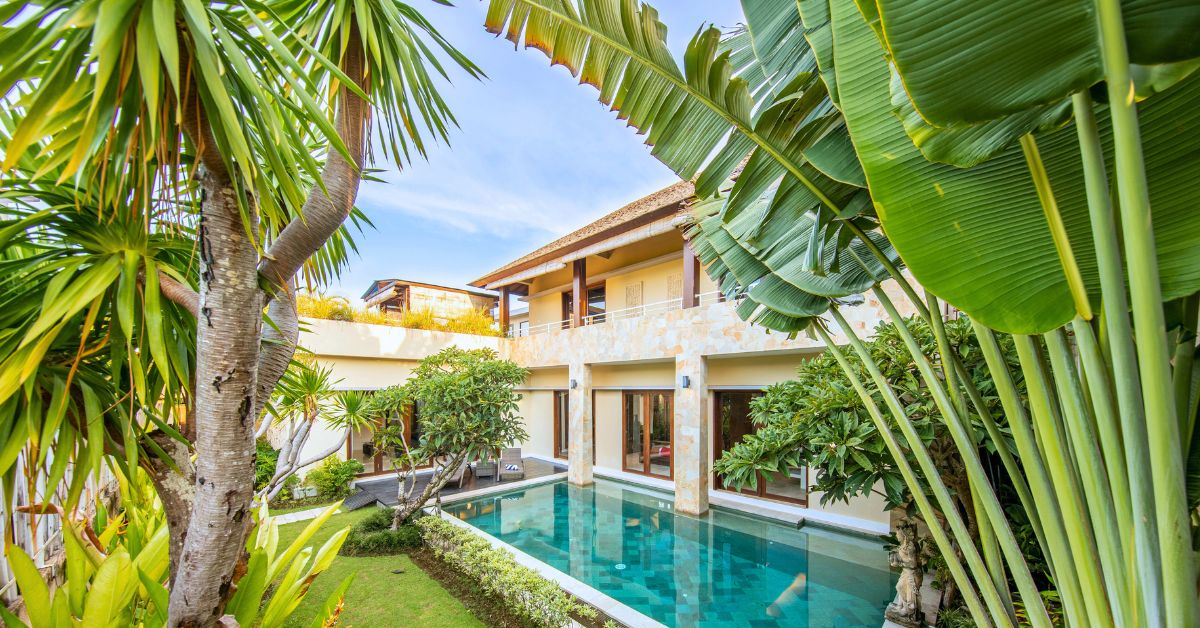The extension of Building Use Rights (HGB) is an important matter for property owners, especially those with land. The HGB certificate confirms the right to build on land that does not belong to the owner. This is different from the Freehold Certificate (SHM), which is valid for life.
If the HGB period expires, an extension must be made. Here are the latest requirements and procedures for extending HGB, as well as how to calculate the costs.
HGB Term or Validity Period
According to Article 37 of Government Regulation (PP) Number 18 of 2021, Building Use Rights (HGB) on State Land and Land Management Rights have a term of up to 30 years. HGB can be extended for another 20 years, so the maximum total validity period is 80 years.
Meanwhile, HGB on Freehold Land has a maximum term of 30 years.
HGB Extension Requirements
HGB extension can be done by visiting the local National Land Agency (BPN) or through online self-registration in some areas. Administrative requirements include filling out an application form, a power of attorney if represented, a copy of the Identity Card (KTP) and Family Card (KK), a deed of establishment of a legal entity, an original certificate, a permit for transfer of rights, a copy of the Annual Notification Letter (SPT) Land and Building Tax (PBB) for the current year, proof of Payment of Land and Building Acquisition Fee (SSB), and proof of payment of money.
Qualification requirements include land use in accordance with the spatial plan, fulfilment of the requirements for granting rights, the rights holder still meeting the qualifications, and the land being in accordance with the spatial plan and being used for the public interest.
HGB Extension Preparation
Before carrying out the extension process, it is important to ensure that the HGB certificate you have has expired or expired. Here are some steps you can take:
Check the validity date on the HGB certificate. Contact the local Land Office (BPN) to confirm the HGB status. Once it is confirmed that the HGB has expired, you can prepare the documents needed for the extension process. Here is a list of documents generally required:
- Application form filled out and signed by the applicant.
- Original HGB certificate and copy.
- Proof of PBB payment for the last year.
- Statement of physical control of the land parcel.
- Non-dispute statement.
- Applicant's Identity Card (KTP).
- Deed of establishment and ratification (if the applicant is a legal entity).
How to Calculate HGB Extension Costs
The cost of extending HGB can be calculated using a formula that refers to PP Number 46 of 2002. The tariff is determined based on the HGB extension period and the land acquisition value.
The cost of extending HGB is calculated based on several factors, including:
HGB extension period.
Land Object Tax Value (NJOP) of land.
Land area.
The formula for calculating the cost of extending HGB can refer to PP Number 46 of 2002. Here is the general formula:
HGB Extension Cost = (NJOP Land x Land Area x Percentage Rate) / 100%
Percentage Rate is determined based on the HGB extension period, as follows:
- 20 years: 5%
- 30 years: 6%
- 40 years: 8%
Notes:
The above costs do not include the cost of Transfer of Rights Registration and Land and Building Acquisition Fee (BPHTB).
It is advisable to consult with BPN Officers for more accurate and up-to-date information regarding HGB extension costs.
Understanding the Loss of Hak Guna Bangunan (HGB)
Hak Guna Bangunan (HGB) is a land leasehold right in Indonesia that grants the holder the right to use and build on a piece of land for a specified period. HGB can be lost for various reasons, including:
By understanding the procedures and costs of HGB extension, you can better protect your property rights. HGB extension can be a complex and time-consuming process if not handled properly. It is important to start the process well in advance of the HGB expiration date to avoid any complications.
Lets Move Group: Your Trusted Partner for HGB Extension
Owning a property with HGB rights provides a sense of security and comfort. However, it is important to remember that this right has a specific time frame and needs to be extended before it expires. The process of extending an HGB certificate can be complicated and time-consuming if not handled properly.
This is where Lets Move Group comes in to help. We are a professional company specializing in property services, including assisting with the process of extending property certificates. With our extensive experience and knowledge, we can help you complete this process easily, safely, and efficiently.
Contact Lets Move Group today to get more information and start the process of extending your HGB certificate!












